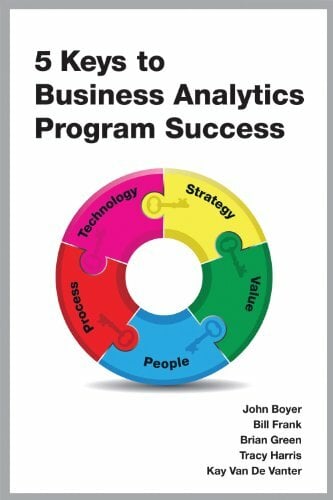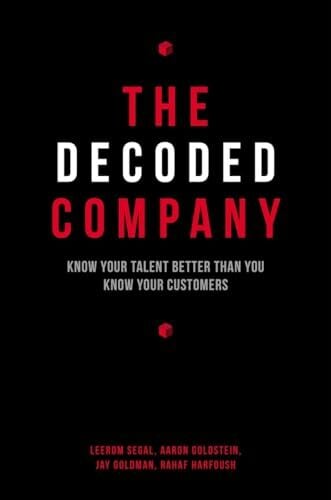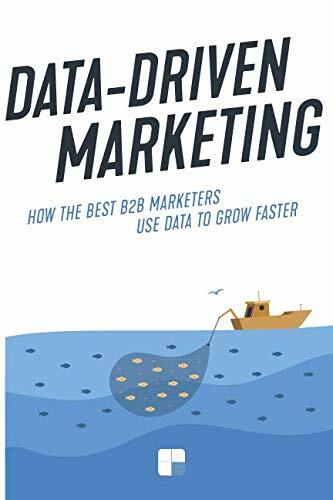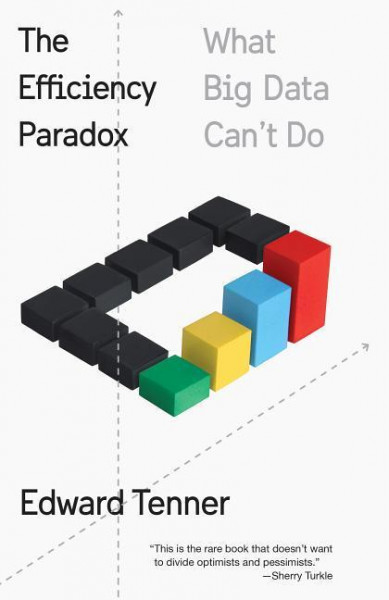
The Efficiency Paradox: What Big Data Can't Do
Kurzinformation
inkl. MwSt. Versandinformationen
Artikel zZt. nicht lieferbar
Artikel zZt. nicht lieferbar

Beschreibung
A bold challenge to our obsession with efficiency-and a new understanding of how to benefit from the powerful potential of serendipity.Algorithms, multitasking, the sharing economy, life hacks: our culture can't get enough of efficiency. One of the great promises of the Internet and big data revolutions is the idea that we can improve the processes and routines of our work and personal lives to get more done in less time than we ever have before. There is no doubt that we're performing at higher levels and moving at unprecedented speed, but what if we're headed in the wrong direction?Melding the long-term history of technology with the latest headlines and findings of computer science and social science, The Efficiency Paradox questions our ingrained assumptions about efficiency, persuasively showing how relying on the algorithms of digital platforms can in fact lead to wasted efforts, missed opportunities, and, above all, an inability to break out of established patterns. Edward Tenner offers a smarter way of thinking about efficiency, revealing what we and our institutions, when equipped with an astute combination of artificial intelligence and trained intuition, can learn from the random and unexpected. von Tenner, Edward
Produktdetails

So garantieren wir Dir zu jeder Zeit Premiumqualität.
Über den Autor
EDWARD TENNER is a distinguished scholar of the Smithsonian's Lemelson Center for the Study of Invention and Innovation and a visiting scholar in the Rutgers University Department of History. He was a visiting lecturer at the Humanities Council at Princeton and has held visiting research positions at the Institute for Advanced Study and the University of Pennsylvania. His essays and reviews have appeared in The New York Times, The Washington Post, The Wall Street Journal, The Atlantic, The Wilson Quarterly, and Forbes.com, and he has given talks for many organizations, including Microsoft, AT&T, the National Institute on White Collar Crime, the Smithsonian Associates, and TED. His book, Why Things Bite Back: Technology and the Revenge of Unintended Consequences, written in part with a Guggenheim Fellowship, has been translated into German, Japanese, Chinese, Italian, Portuguese, and Czech.

- hardcover
- 383 Seiten
- Erschienen 2015
- The MIT Press

- Hardcover
- 312 Seiten
- Erschienen 2001
- Springer

- Gebunden
- 440 Seiten
- Erschienen 2017
- De Gruyter Oldenbourg

- Kartoniert
- 190 Seiten
- Erschienen 2016
- Technics Publications

- Hardcover
- 432 Seiten
- Erschienen 2021
- MIT Connection Science & En...
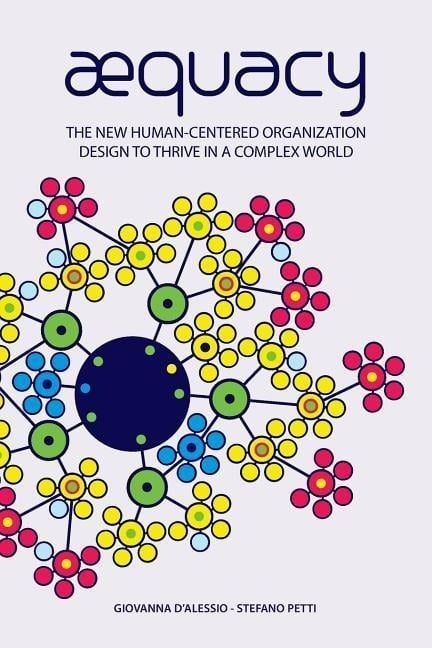
- Taschenbuch
- 246 Seiten
- Erschienen 2018
- Asterys

- Gebunden
- 272 Seiten
- Erschienen 2022
- Harvard Business Review Press

- hardcover
- 264 Seiten
- Erschienen 1999
- Addison-Wesley

- Hardcover
- 320 Seiten
- Erschienen 2006
- John Wiley & Sons Inc

- Kartoniert
- 598 Seiten
- Erschienen 2012
- Springer

- Klappenbroschur
- 494 Seiten
- Erschienen 2020
- btb Verlag

- Gebunden
- 327 Seiten
- Erschienen 2021
- The MIT Press

- Gebunden
- 250 Seiten
- Erschienen 2011
- Springer

- Kartoniert
- 352 Seiten
- Erschienen 2021
- mitp Verlags GmbH & Co. KG

- hardcover
- 272 Seiten
- Erschienen 2024
- Wiley-ISTE

- Kartoniert
- 342 Seiten
- Erschienen 2017
- Springer

- Kartoniert
- 179 Seiten
- Erschienen 2018
- Springer

















